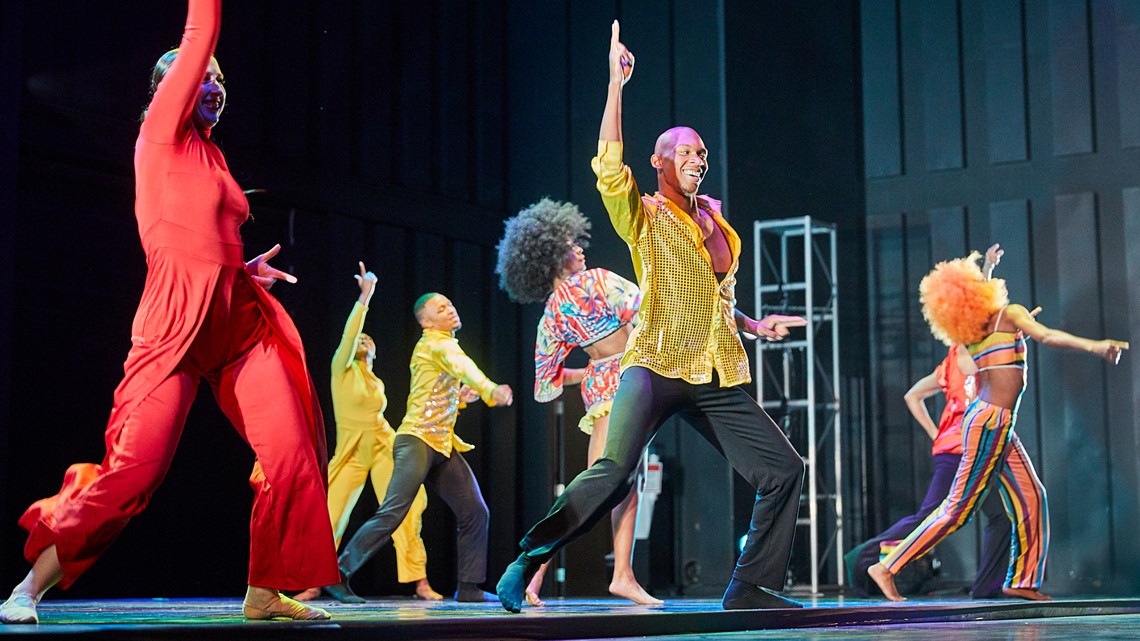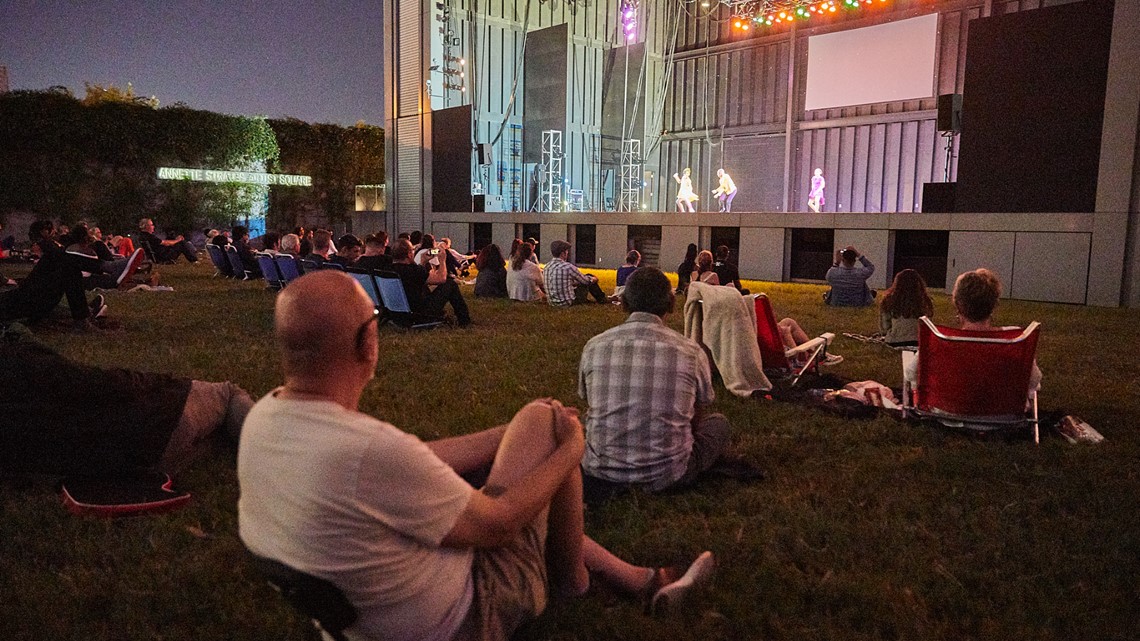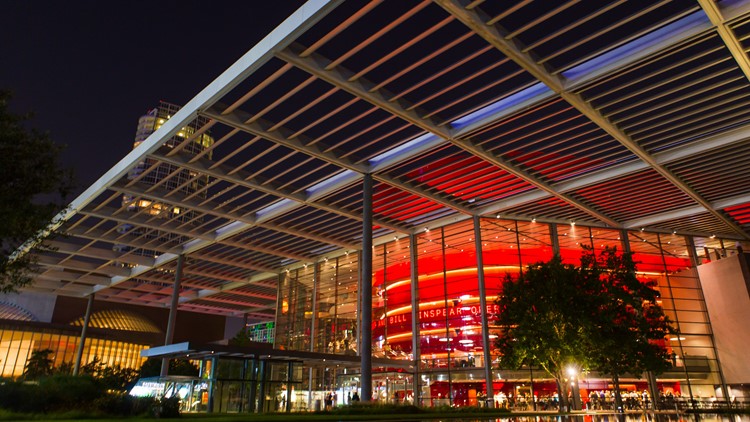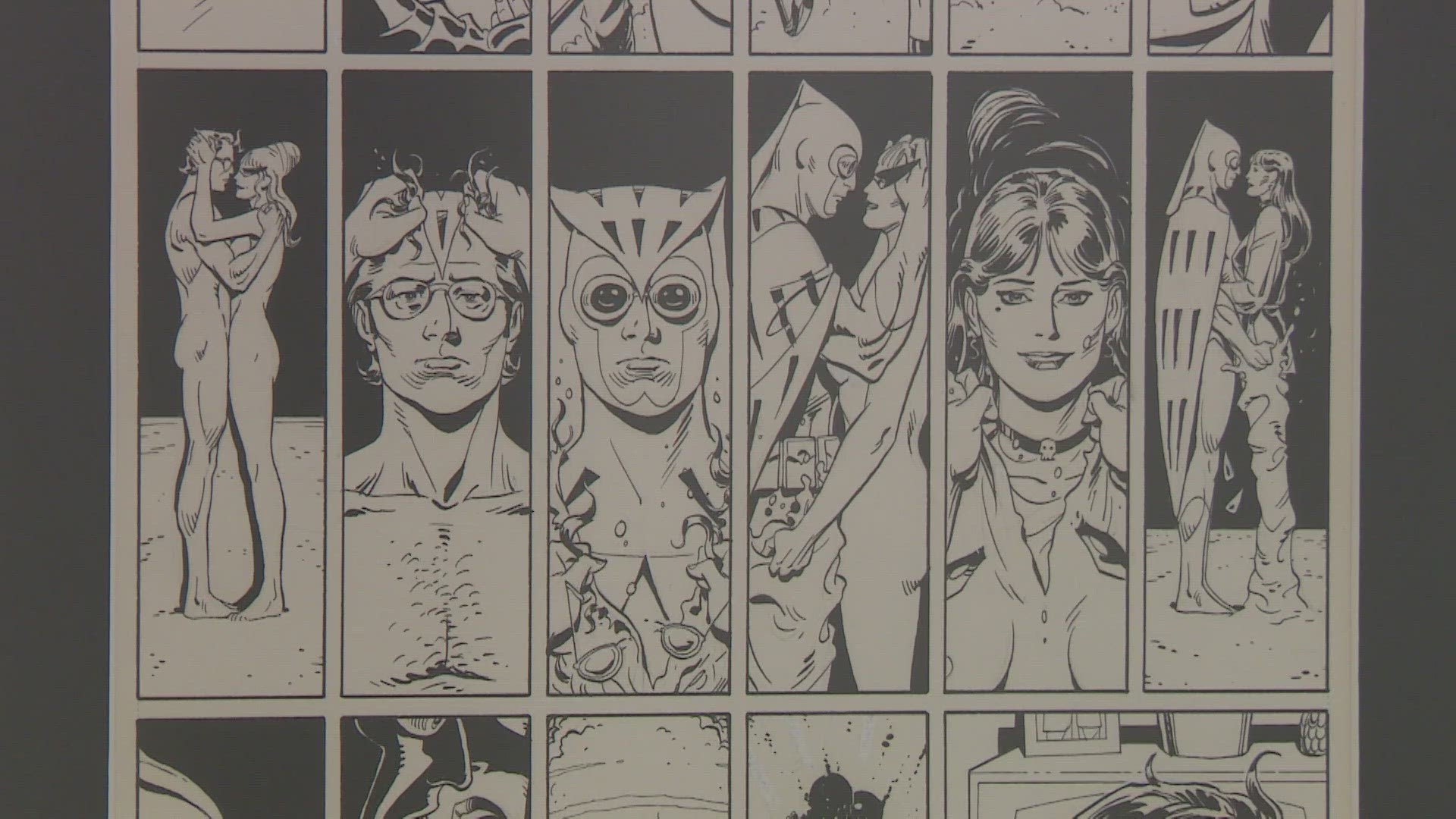DALLAS — The pandemic-related impact for the nonprofit arts community within the City of Dallas has reached $95,545,710 in financial losses and 3,145,209 in lost or deferred attendance, according to a study done by three local arts organizations.
The study was conducted by The Arts Community Alliance, the Dallas Arts District, and the Dallas Area Cultural Advocacy Coalition.
It also says more than 1,000 Dallas jobs in the industry have been lost.
These results come from the third survey of the city’s cultural organizations covering seventy groups from a nearly nine-month period from March 13 through Nov. 30 of last year.
“The impact of the pandemic on the arts in Dallas, financial, human, and cultural, continues to be staggering,” said Terry D. Loftis. He is the president of The Arts Community Alliance.
“We’re encouraged that our organizations are resilient and finding ways to engage the community, but these losses are not sustainable and no one is expecting a return to normal anytime soon," Loftis said.
The first survey released in July said Dallas arts and culture community had lost more than $33.6 million in the first two-and-a-half months of COVID-19 closures.
Over the summer, Gov. Greg Abbott released safety guidelines allowing museums and fine arts performance venues to reopen at a reduced capacity.
While some workshop, classroom, and gallery spaces have been able to reopen, many remain closed.
Of the museums, galleries, and exhibitions surveyed, these organizations say they have been closed for a combined 2,142 attendance days.
Classes, programs, and workshops have canceled 9,725 days while performing arts have canceled or deferred 2,088 performances.
Many performing arts organizations have had to cancel or push back entire seasons to the fall of 2021 or into 2022.
Fifteen Dallas arts and cultural facilities have reopened for live, in-person experiences at a reduced capacity. Forty of the groups say their traditional performance or exhibition space has not reopened.
Twenty-seven organizations (39%) have resumed presenting live, in-person programming. Thirty-seven are utilizing virtual platforms or streaming or presenting work in new spaces, such as parking garages, churches, or parks.


Barriers to reopening
When the groups surveyed were asked to rank the greatest barriers to reopening, safety was the number one issue.
Thirty-nine Dallas organizations (53%) listed maintaining the safety of audiences and artists as their number one barrier.
Many groups said visiting artists do not feel safe traveling while others brought up public perception, according to the survey.
"I cannot fathom how I would host, screen, take temperatures, enforce masking, enforce social distancing, clean, etc. in addition to normal [front-of-house] duties," said one of the organization's leaders who was surveyed. "I could cry just thinking about it.”
Fourteen groups said union restrictions were their biggest concern. Ten referenced financial problems brought about because of reduced audience capacity.
Seven said their main problem was lack of rehearsal and performance space with some noting that many cultural centers and performance spaces have not reopened.
Revenue and giving
For those who have been able to present live and in-person or virtual experiences, 56% of the groups surveyed say they have been able to generate earned revenue through admissions or fees.
Of the organizations surveyed, 93% say they’ve been able to fundraise to help make ends meet, and 41% said the amount is equal to or higher than normal levels.
“The fact that the City of Dallas was able to keep the funding for most organizations level with the prior year helps explain why most Dallas arts and cultural organizations have survived,” said Joanna St. Angelo. She is the president of the Dallas Area Cultural Advocacy Coalition.
Staff impact
The last survey said 1,219 full-time and part-time employees had been furloughed or laid off through July 31.
The data from the most recent survey said there were "inconclusive numbers" on the current staff counts but that there may be some improvement.
In the responses, 20% of the groups said they have brought back 124 people on their payrolls (94 part-time and 29 full-time), but at least 24% said they converted their temporary furloughs into permanent layoffs.
For 40% of the groups surveyed, salary reductions were implemented in response to the pandemic with 16 of them cutting paychecks by 20% or more.
Of the groups that cut salary, four returned their pay to normal levels by Nov. 30. Two said they have reduced or gotten rid of previously offered health and retirement benefits.


Creative thinking
Despite these challenges, some Dallas groups have taken their performances out into the community in unique ways.
Some of the surveyed organizations said they have performed in parking lots or garages while audience members watch from their cars. Others said they turned storefronts into public exhibition space or used outdoor venues like plazas and parks.
Many groups have also taken their work online for audience members to enjoy at home on their computers.
This type of creativity can only work for so long, according to the executive director of the Dallas Arts District Lily Weiss.
“These are small businesses sustaining major revenue and job losses," Weiss said. "I worry that many of our organizations are reaching a tipping point. This is going to be a very difficult year.”



